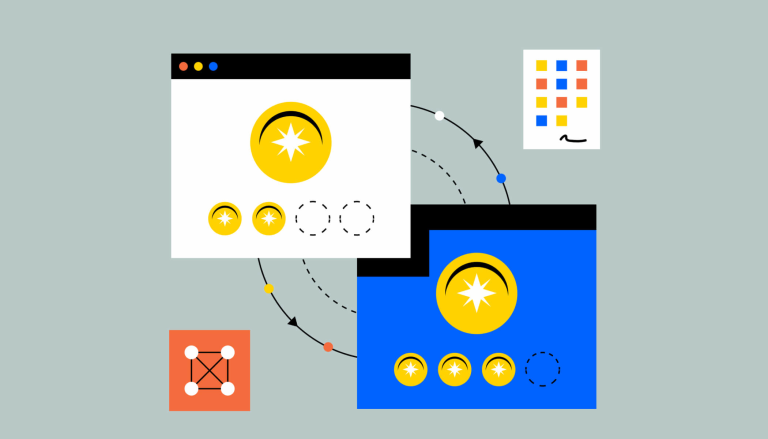How do cryptocurrency miners work?

Cryptocurrency mining is a process that validates transactions and adds them to a blockchain.
Miners use computational power to solve complex mathematical problems, a process known as Proof-of-Work.
The mining process is essential for maintaining the integrity and security of a cryptocurrency network.
What is Cryptocurrency Mining?
Cryptocurrency mining is a process that involves validating transactions and adding them to a blockchain, a public ledger of all transactions made within a cryptocurrency network. This process is crucial for the operation of cryptocurrencies like Bitcoin, as it ensures the accuracy of the shared records and maintains the network's security.
The term "mining" is used because the process is somewhat similar to mining precious metals from the earth. Just as miners expend resources to extract gold, cryptocurrency miners use computational power and electricity to validate transactions. This analogy helps to explain the concept of mining in the context of cryptocurrencies.
How Does Cryptocurrency Mining Work?
Cryptocurrency mining involves solving complex mathematical problems using computational power, a process known as Proof-of-Work (PoW). Miners compete to solve these problems, and the first one to find the solution receives compensation in the form of transaction processing fees. This compensation serves as an incentive for miners to continue validating transactions and maintaining the network's security.
Approximately every 10 minutes, a new block of transactions is added to the blockchain, and compensation is distributed to the successful miner. The block reward, which is the number of transaction processing fees, decreases over time. For instance, the block reward for Bitcoin was set at 6.25 bitcoins and underwent a halving event.
The Role of Cryptocurrency Miners
Cryptocurrency miners play a crucial role in maintaining the integrity and security of a cryptocurrency network. By validating transactions and adding them to the blockchain, miners prevent fraudulent activities such as double-spending, where a user attempts to spend the same coins twice.
Miners also contribute to the decentralization of the network. Since no single entity controls the network, it relies on users to hold their copies of the historical ledger of transactions. Mining is the process by which users come to a consensus about the accuracy of these shared records.
The Impact of Cryptocurrency Mining
While cryptocurrency mining is essential for the operation of cryptocurrencies, it has also attracted criticism due to its environmental impact. The process requires a significant amount of electricity, with Bitcoin's energy consumption surpassing that of some countries. This has led to concerns about the sustainability of cryptocurrency mining and calls for more energy-efficient alternatives.
Is Cryptocurrency Mining Advantageous?
The advantage of cryptocurrency mining depends on various factors, including the cost of electricity, the value of the cryptocurrency being mined, and the difficulty of the mathematical problems to be solved. As the difficulty increases and block rewards decrease over time, mining can become less advantageous. However, if the value of the cryptocurrency increases significantly, mining can still be a viable activity.


